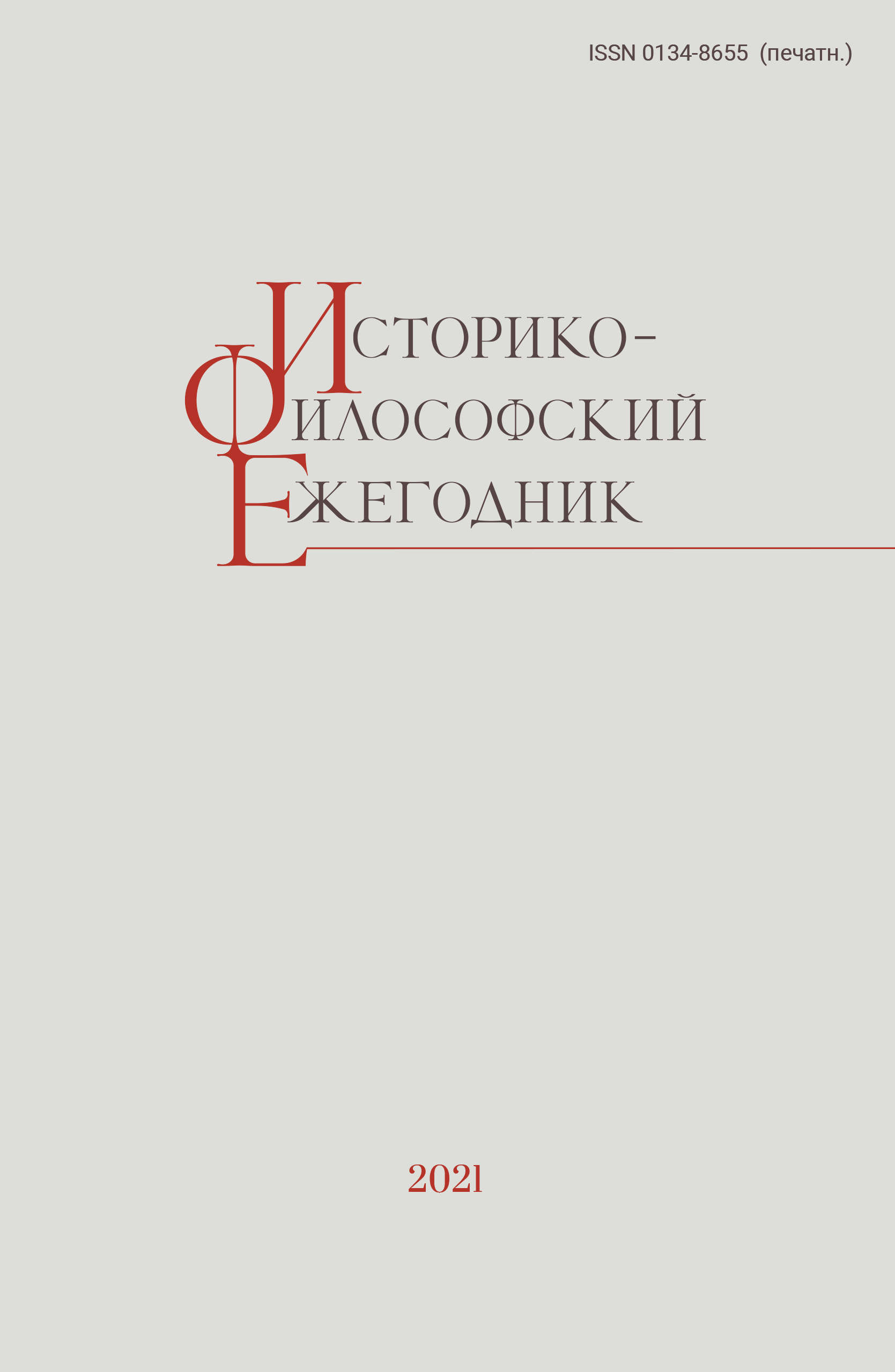Faith and Reason in Medieval Philosophy
Keywords:
faith, understanding, Augustine, Anselm, knowledge, time, free decision, will, infinity, human beingAbstract
Тhe main topic of the paper is the relationship of faith and understanding, which can be traced in the analysis of the works of Aurelius Augustine and Anselm of Canterbury. It is generally believed that faith does not require those arguments that reason cannot do without. However, the research of medieval thinkers works proves that faith was closely associated with understanding, and they mutually supported each other. Christian philosophers and theologians based their reasoning on the recognition of the presence of God in each human, which made this human as infinite as God. Outwardly limited by the flesh, human expands inwardly, opening up to space and discovering within himself the divine expanse, for which the human finiteness is its phenomenal discovery. Faith is nestled between these two infinities: the infinity of a human considering a decision, the arbitrium liberum, and the presence of the self-identical God who seeks to possess the human. Therefore, it is not something irrational; on the contrary, strict reasoning leads to it, but one can but believe in the presence of Truth.

